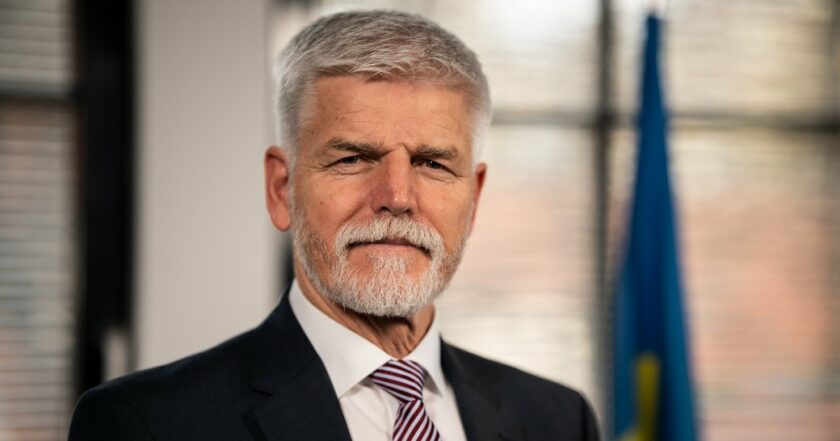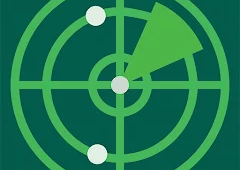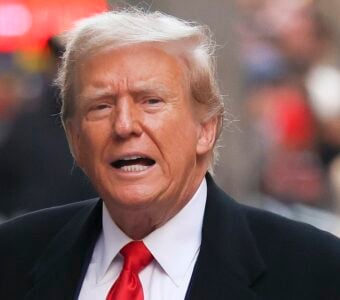Czech president voices concern over potential Trump-Putin agreement, deeming it detrimental to Ukraine and Europe

Photo: Oleksandr Bramsky / Suspilne
The President of the Czech Republic, Petr Pavel, urged not to rely on the promises of the newly elected President of the United States of America, Donald Trump, regarding a quick end to the war in Ukraine because this can only be achieved at the expense of Ukrainian concessions.
Pavel said this before the Prague Defense Summit international conference, Aktuality cites.
The Czech leader noted that many countries are hoping for Trump, who recently promised to "ensure change" and end the war in Ukraine within 24 hours.
However, the Czech president expressed doubts about such a prospect. In his opinion, Trump will probably try to negotiate with the Russian leader Vladimir Putin on terms that do not correspond to the interests of Ukraine and Europe.
Pavel suggests that the deal that Trump might offer would include:
- territorial concessions in favor of Russia,
- or the long-term postponement of Ukraine's accession to NATO for at least 20 years.
Also, the president of the Czech Republic drew attention to the insufficient support of allies for Ukraine at the initial stage of the war, which allowed Russia to capture part of Ukrainian territories. According to him, the war is now mainly developing in favor of the Russian Federation, and because of this, the possibility of concluding fair negotiations for both sides is doubtful.
Pavel also said that Ukraine should be "realistic" in its war goals, meaning it may need to give up some territories currently occupied by Russia temporarily. Therefore, in Pavel's opinion, Trump's proposal may be similar to his previously criticized option: a temporary peace by making concessions.
For reference:
It should be noted that during the election campaign, Donald Trump repeatedly claimed that he would "end the war" if re-elected, without revealing what exactly he would do. He once claimed he could end the war in 24 hours, partly thanks to his excellent relationship with Ukrainian President Volodymyr Zelensky and Russian leader Vladimir Putin.
Currently, the president-elect of the United States, Donald Trump, has yet to announce a specific strategy for ending the war in Ukraine. However, some of his advisors are suggesting a plan that involves pressuring Ukraine not to join NATO for the next 20 years while the US would continue to provide weapons to them in return. There were previous discussions for Russia and Ukraine to establish a demilitarized zone spanning over 1,200 km.
At a debate with Joe Biden on June 28, he called Putin's demands for the withdrawal of Ukrainian troops from the occupied regions and Ukraine's refusal to join NATO "unacceptable." James D. Vance, whom Trump chose as his vice-presidential candidate, voiced the opposite opinion, proposing a freeze on hostilities on the current front line and Ukraine's refusal to join NATO.
At the September 11 debate between presidential candidates Kamala Harris and Donald Trump, the former president said he would resolve the war in Ukraine quickly, even before he became president. He added that "millions of people are dying" in Ukraine, so the ex-president wants an end to hostilities.

If Trump knows how to finish this war, he should tell us today — Zelensky

Trump shocks donors by declaring he "would have bombed Moscow" in response to Russia's invasion of Ukraine – WP

US allies consider transferring control of Ukraine Defense Contact Group to NATO amid concerns of Trump presidency – Politico

"If Mr. Trump comes, I am ready to go to the front with him": Zelensky invites Trump to witness true war



















































